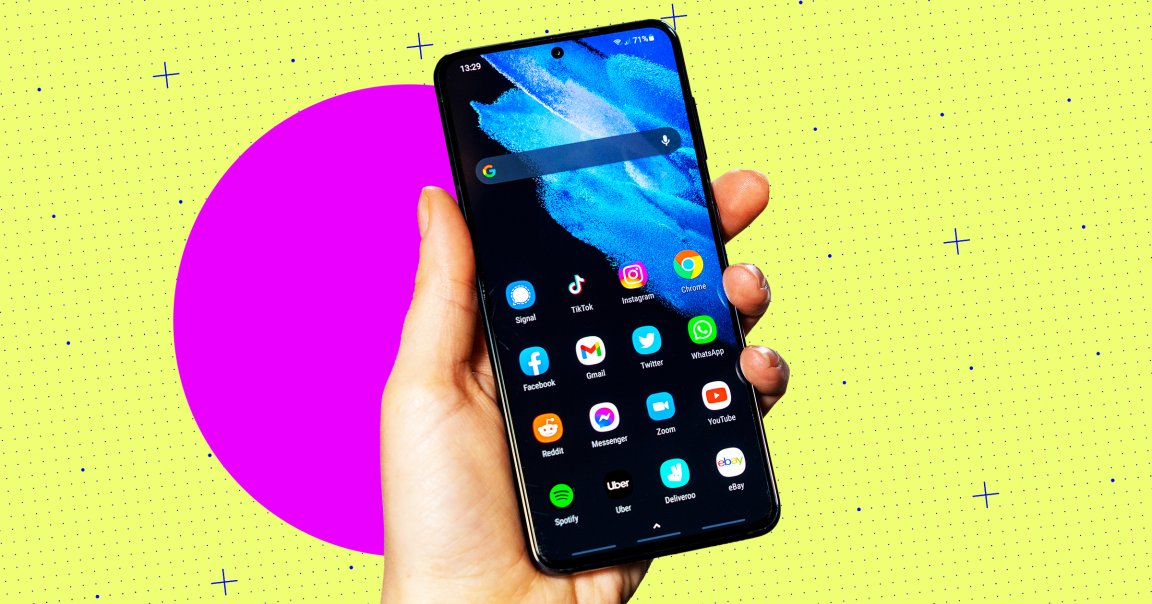
In the information age, data is gold — and Google has enough to make King Midas blush.
But in this new economic paradigm, all that data comes at a price: privacy lawsuits. To amass its wealth, Google’s been caught collecting personal information from users even in incognito mode, tracking location data even when location tracking is off, collecting children’s personal information in violation of child safety laws, and selling millions of Americans’ health data to a healthcare conglomerate — and that’s just a taste.
Now, Reuters reports that Google’s going to trial in California after a class action lawsuit representing some 14 million state residents alleged the company gathered personal data from their phones even when they were off.
The suit alleges that Google enables Android phones to send and receive info “for Google’s own purposes,” draining users’ cellular data as they do. While the California suit is unique for going to trial, it’s just one of 50 separate state class action lawsuits being brought against the tech company. Altogether, there are billions of dollars on the line.
It’s a big case with some major implications: can the companies that sell our phones — and in Google’s case with Android, create the underlying operating system — decide whether or not we can ever turn them off?
Google’s response is telling. Rather than deny that it had collected data on powered-off Androids, it’s saying that Android users gave their consent to Google’s “passive” data harvesting when they agreed to the company’s terms of service agreement, which is required to use the phone.
Google is also challenging the core of the plaintiffs’ argument — basically, that cell phone data doesn’t count as personal property under California law. And if it isn’t, then there’s nothing wrong with Google taking it without permission.
Ultimately, there’s a lot of money riding in how the state classifies that nebulous data.
George Zelcs, a lawyer representing the plantiffs, told Reuters that Android users aren’t arguing against data collection when the phones are on and the apps are fired up. Instead, he notes that “these phone users unknowingly subsidize the same Google advertising business that earns over $200 billion a year.”
Googles usual tactic when it’s caught nabbing data — to settle out of court for millions or sometimes billions of dollars — probably won’t fly here, as the timeline reaches all the way back to 2016. With millions of defendants and unfathomable quantities of data at play, any sort of settlement is likely to run in the “tens of billions,” according to Reuters.
Time will tell whether that’s less costly than if Google were to lose all that juicy data altogether.